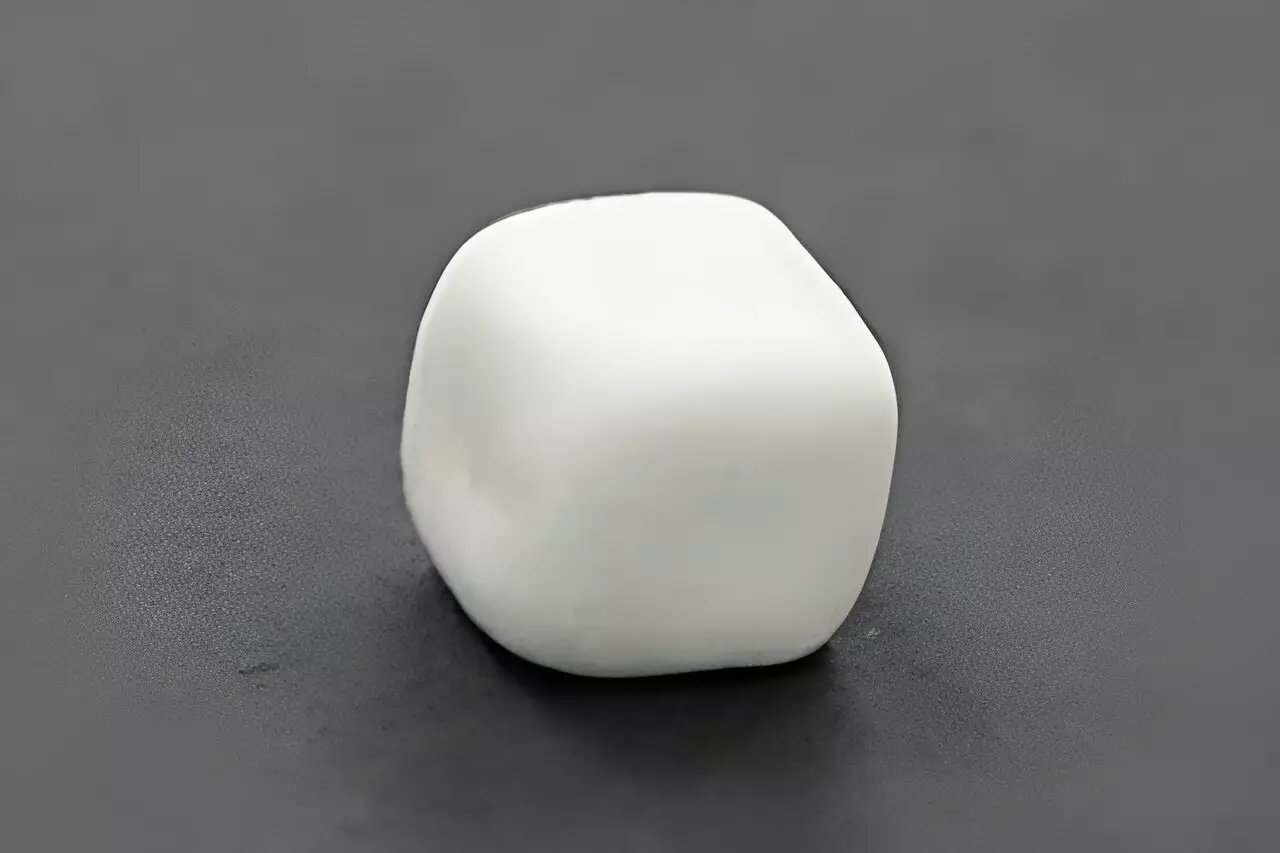In a world increasingly reliant on technology, battery performance plays a critical role in shaping our daily lives. From smartphones to electric vehicles, the limitations of current lithium-ion battery technology are becoming more evident. The slow charging speeds, limited lifespan, and safety concerns associated with these batteries have spurred researchers to seek alternative solutions. At the forefront of this pursuit is the National High Magnetic Field Laboratory at Florida State University, where scientists are making significant strides in solid-state battery research.
The traditional liquid-electrolyte-based lithium-ion batteries that have powered our devices for the past three decades come with inherent drawbacks. These batteries are prone to overheating, short circuits, and even fires, posing risks to users. Additionally, they have limited energy densities and relatively short lifespans. Solid-state batteries offer a potential solution to these challenges by being safer, more energy-dense, and longer-lasting.
While the advantages of solid-state batteries are evident, their commercial viability has been hindered by high production costs and manufacturing complexities. To address these issues, the research team at Florida State University, led by Professor Yan-Yan Hu, is pioneering the development of solid-state battery systems that not only improve performance but are also economically feasible.
One critical aspect of solid-state batteries is the design of the electrolyte, which acts as a separator between the battery’s positive and negative terminals. To optimize ion movement within the battery, the team at Florida State University investigated a new solid electrolyte made of lithium chloride and gallium fluoride. By utilizing the National High Magnetic Field Laboratory’s advanced solid-state Nuclear Magnetic Resonance systems, they gained valuable insights into the structural characteristics of the electrolyte.
Through their analysis, the researchers discovered a fascinating phenomenon known as charge clustering occurring within the electrolyte. This clustering of chlorine and fluorine ions effectively weakens the bond between lithium and other components in the battery. As a result, the lithium ions can move more efficiently, enabling faster charging and prolonged battery life. Furthermore, this electrolyte material possesses a clay-like quality, allowing it to be molded and tailored to fit any battery design. Improved contact between the electrolyte and electrodes enhances overall battery performance.
Recognizing the transformative potential of solid-state batteries, major electronics companies like Samsung are actively involved in solid-state battery research. In collaboration with Samsung’s Advanced Institute of Technology, the team at Florida State University worked with the lithium-chloride and gallium-fluoride electrolyte synthesized by Samsung. This partnership aims to develop solid-state batteries that not only meet the performance expectations of consumers but also can be manufactured at scale and at an affordable cost.
The advancements made in solid-state battery research pave the way for a revolution in the field of energy storage. As we strive for a more sustainable and technologically advanced future, the limitations of traditional lithium-ion batteries become increasingly apparent. With their enhanced safety, higher energy densities, and longer lifespans, solid-state batteries offer a path towards powering the next generation of electronics.
The research conducted at the National High Magnetic Field Laboratory is propelling the development of solid-state batteries into a new era. By unlocking the potential of innovative electrolyte designs and collaborations with industry leaders, the team at Florida State University is shaping a future where technology is more reliable, efficient, and sustainable. As solid-state batteries become commercially viable, we can look forward to a world where dead phones and slow recharge times are a thing of the past, and electric cars offer unprecedented range and affordability.


Leave a Reply